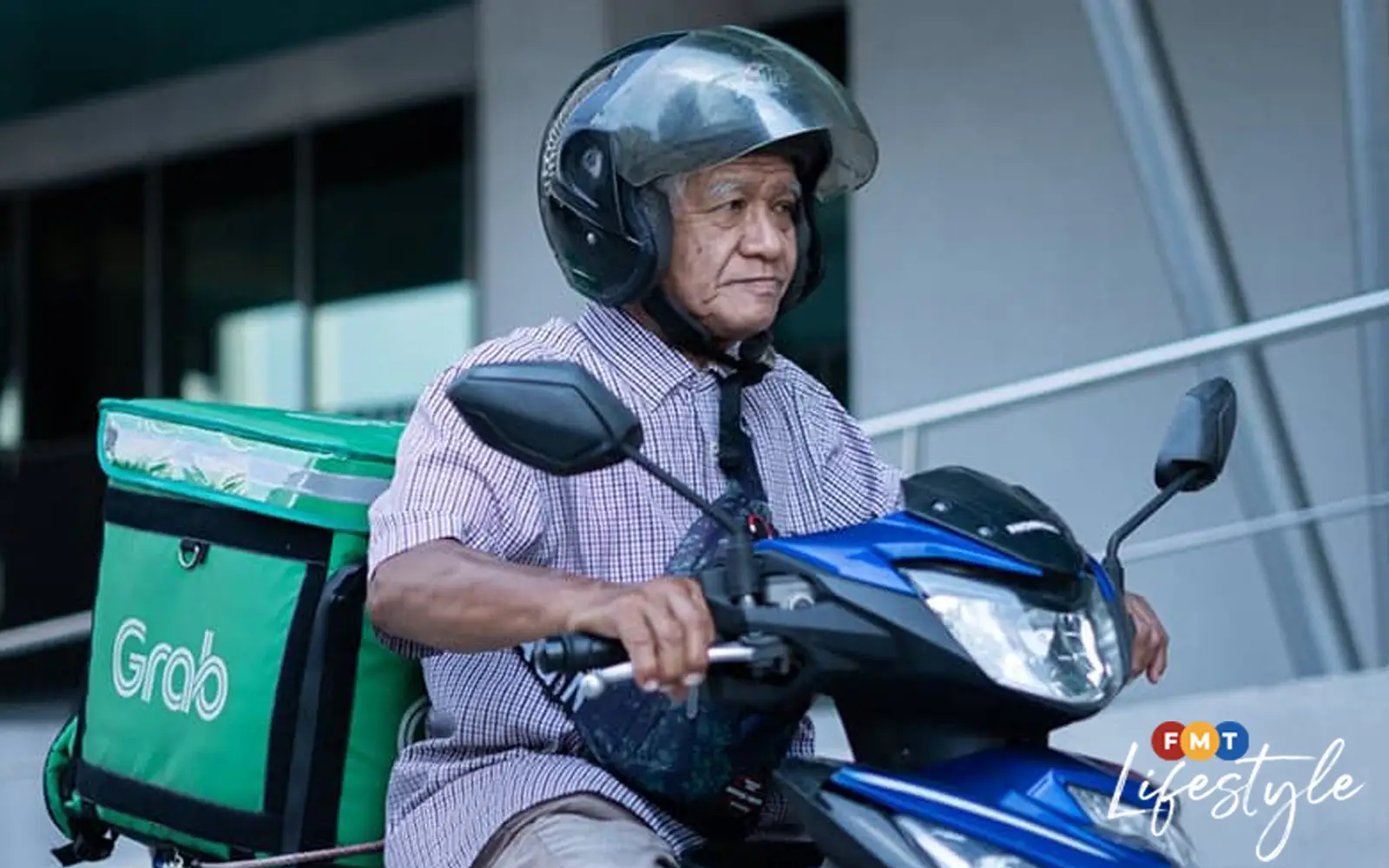Many senior citizens are part of Malaysia’s growing informal economy, selling goods, offering services, or even as rideshare drivers and delivery riders.KUALA LUMPUR: Malaysia is transitioning into an ageing society. According to the statistics department, by 2030, 15% of the population will be aged 60 and above, officially classifying the country as an “aged nation”.As of last year, more than 10% of the population fall into this category, with those above 70 forming a steadily increasing portion of the national demographic.Instead of fading quietly into the background, many elderly Malaysians are showing they still have plenty to offer. This is acknowledged by law and institutional reform minister Azalina Othman Said, who has proposed that the government study extending the retirement age to 65.Many senior citizens are part of Malaysia’s growing informal economy, selling goods, offering services, or even as rideshare drivers and delivery riders. Most lack formal pensions or steady EPF savings, especially those who have spent their lives in informal or gig work.For them, continuing to work is often not just a necessity – it’s also a way to maintain their independence, routine, and sense of dignity.Experts and social researchers are starting to recognise the value of the “silver workforce”. Senior citizens bring decades of experience, practical knowledge, and a strong work ethic. They also help reduce dependency on social welfare or family support systems, contributing to a more resilient society.Here are some primariy reasons senior citizens continue to work beyond retirement age:1. Not enough savings amidst rising costsFor many older Malaysians, retiring comfortably isn’t an option. While some have EPF savings, not everyone may have had consistent access to it, particularly those who spent their lives working in informal sectors.Even for those with EPF accounts, funds often deplete within a few years, especially with the rising costs of essentials like food, rent, and healthcare.2. Not wanting to burden the familyMany seniors choose to keep working because they don’t want to rely on their children or anyone else. Culturally, older generations often carry a strong sense of pride and responsibility. Working allows them to continue making their own choices and living with dignity.3. Staying healthy and activeKeeping physically and mentally active is one of the best ways to age healthily. Working gives many senior citizens a reason to wake up early, move around, use their hands, and engage with others. It keeps their minds alert and their bodies in motion.Many senior citizens continue to work to maintain their sense of independence, routine and dignity – or simply because they love what they do.Research has shown that active ageing – which includes working, volunteering, and social participation – can help reduce the risk of chronic illnesses, depression, and memory loss. Many seniors say they feel younger when they are busy.4. They just love what they doSome senior citizens keep working not because they have to, but because they want to. After spending a lifetime doing something they enjoy, it’s hard to simply stop. Their work has become a part of their identity.For these individuals, work is not a burden: it’s their purpose, their joy, and their way of connecting with the world.Towards an age-friendly societyDespite inspiring stories of senior citizens who actively continue to work, challenges persist. Ageism in hiring, lack of age-friendly infrastructure, and insufficient support systems continue to limit the full potential of older Malaysians.As such, policymakers, employers, and civil society must collaborate to build an inclusive environment where senior citizens are respected as contributors, not burdens. This includes:promoting flexible, part-time job opportunities for seniors;providing healthcare and wellness programmes tailored to the elderly;encouraging lifelong learning and digital literacy; andbuilding public spaces and transportation that are accessible to older adults.By creating inclusive policies, promoting age-friendly workplaces, ensuring accessible healthcare, and strengthening social protection, we empower older Malaysians to age with dignity while building a more caring and forward-looking nation.This article was written by Ong Ai Ling, a member of the Active Ageing Impact Lab and a senior lecturer at Taylor’s University.
